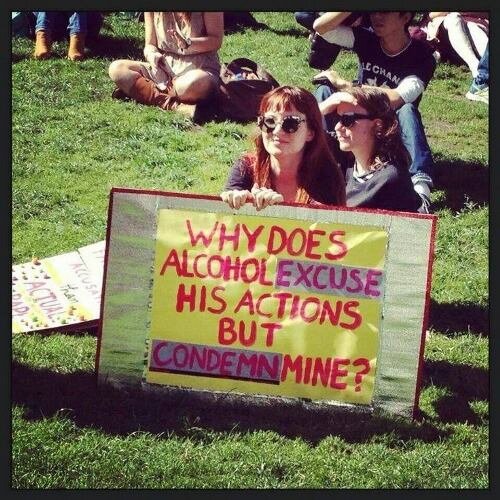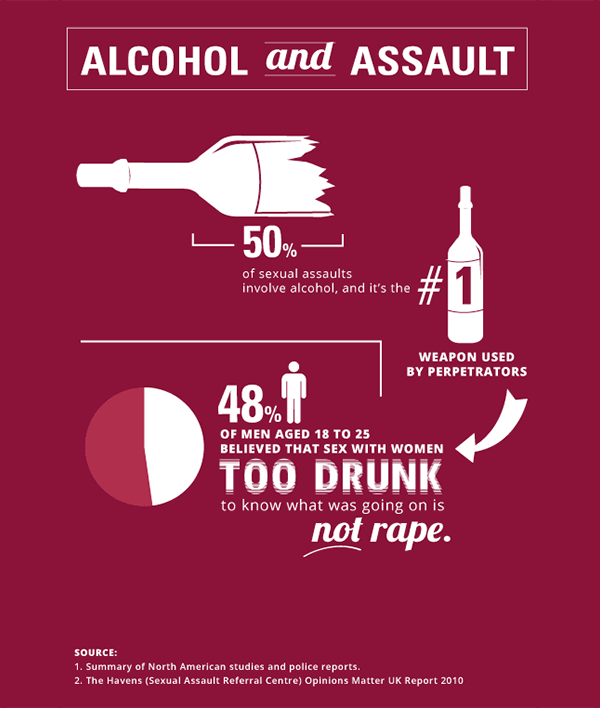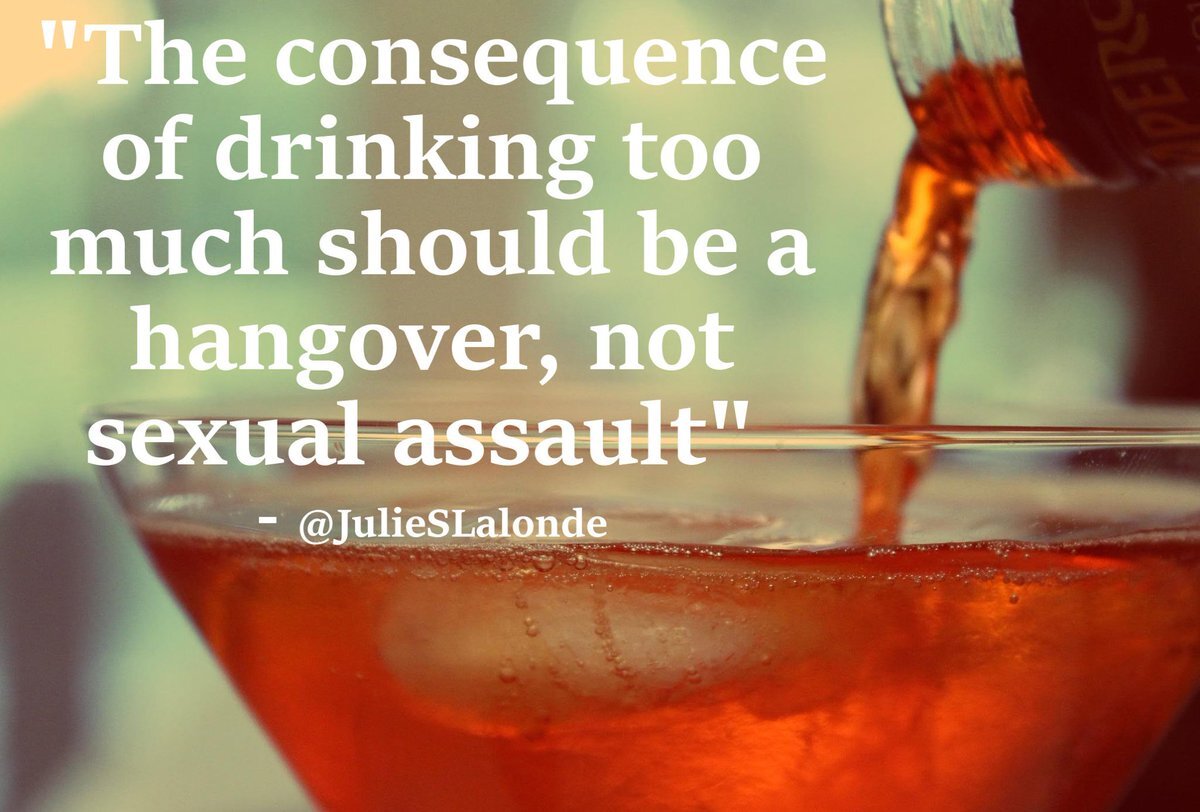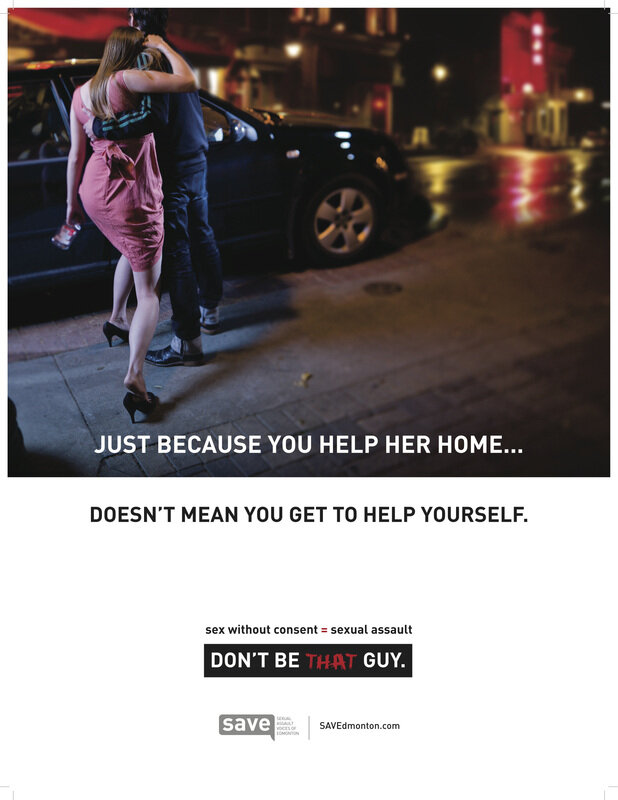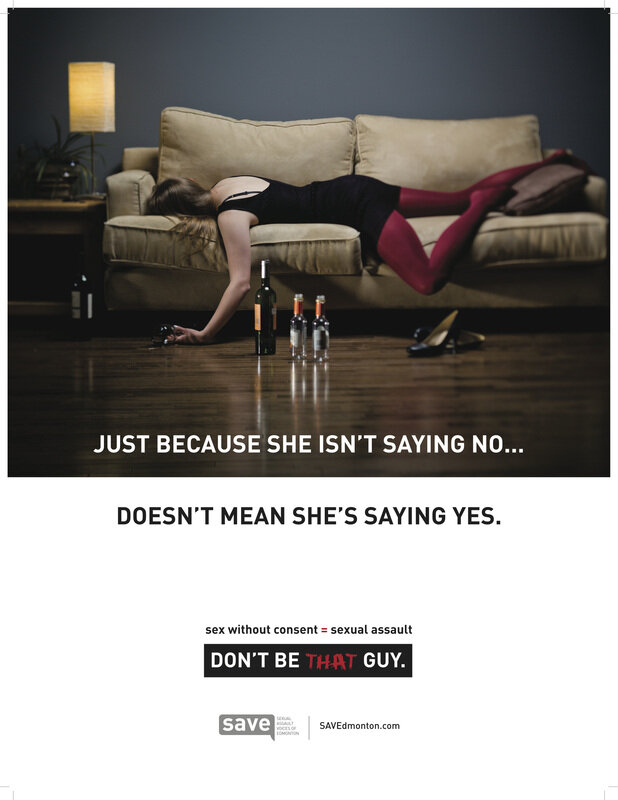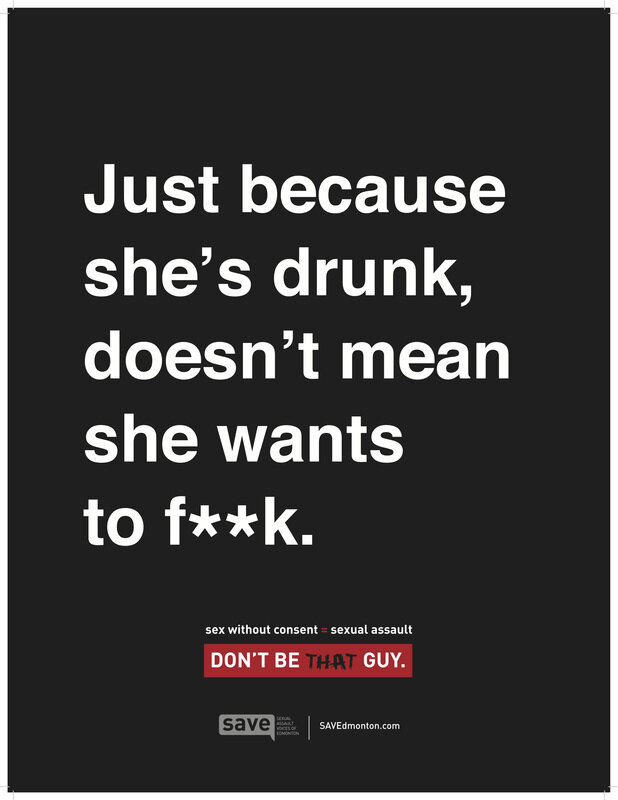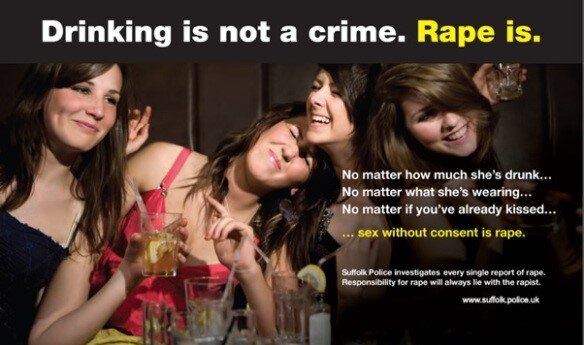Learn More About Consent
Consent Tea Video
Created in 2015 by Blue Seat Studios
Consent is:
Ongoing - Anyone can change their mind about what they’re interested in doing, anytime.
Freely given - Saying yes without pressure or manipulation.
Specific - Saying yes to one act (ie: kissing) doesn’t mean you’ve said yes to others (ie: oral sex).
Informed - Not deceiving or lying. For example, if someone says they’ll use a condom and then they don’t, there isn’t full consent.
Enthusiastic - It’s about wanting to do something, not feeling like you have to or should do something.
Image created by Planned Parenthood
Consent isn’t that complicated
1. ASK! Words are best.
2. REALLY LISTEN! Anything other than a ‘heck yes!’ is a ‘no’.
3. MAKE SPACE FOR A ‘NO’. You don’t have to be excited to hear ‘no’. Using anger, pressure, or bargaining to get a ‘yes’ is not consent.
4. ‘YES’ CAN CHANGE TO ‘NO’ AT ANY TIME.
Created by Sama Al-Zanoon @short.fuse for SACHA.
Alcohol and Consent
Have questions about alcohol and consent? Lots of folks in our workshops do! It’s one of the most commonly asked questions.
We know that alcohol is the most commonly used weapon in sexual assaults. And that folks commonly blame survivors if they have a drink.
We highly recommend this Everyday Feminism article which asks and answers:
Is Sex Always Nonconsensual When People Have Been Drinking?
How Much Do You Need to Drink to Be Unable to Consent?
What If Someone Said ‘No’ to Sex When Sober, But Then Said ‘Yes’ When Drinking?
What If They’re in a Relationship?
What If All People Involved Are Drinking?
Head over to the DWS blog as well for a more detailed post about alcohol and consent.

